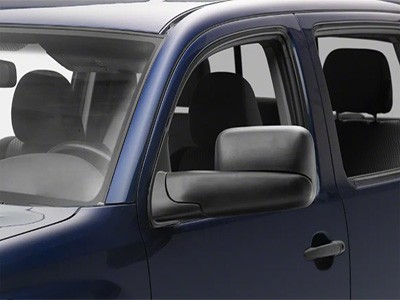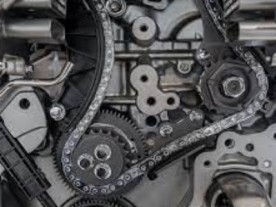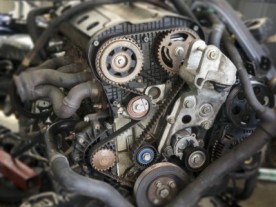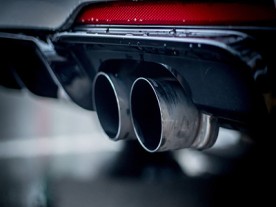Driving with a towing mirror when not towing seems like a handy way to improve road visibility. However, it's important to understand that these mirrors are designed specifically for towing purposes, and using them when not needed can pose some risks. While they can provide a wider field of view, they can also lead to blind spots, impaired judgment and potential accidents. In this article, we'll explore the risks of using towing mirrors when you're not towing.
Increased Blind Spots: Towing mirrors are larger and extend farther outward than regular rearview mirrors. While this extended view is necessary when towing a wide or long trailer, it becomes unnecessary and potentially dangerous in regular driving situations. When used without towing, these mirrors can create a larger blind spot that prevents you from seeing nearby vehicles, pedestrians or cyclists. As a result, changing lanes or making turns may become more challenging, increasing the risk of an accident.
Misjudging distance: Using your towing mirror when not towing can distort your perception of distance. The extended length of these mirrors may make objects appear closer than they really are. This misjudgment can lead to incorrect lane changes, dislocation of overtaking action, or misconceptions about approaching traffic speed. Knowing exactly how far you are on the road is critical to driving safely, and towing mirrors can hinder that ability.

Impaired rear vision: While towing mirrors provide a wider field of view, they impair your ability to see behind your vehicle. The increased mirror surface area blocks your rearward view, making it difficult to monitor vehicles directly behind you. This limited field of view is especially dangerous when reversing or parallel parking. Relying on towing mirrors when not towing can result in impaired situational awareness, putting you and other road users at risk.
Easier to Damage: Towing mirrors are designed to withstand the extra stress and strain from the weight of your trailer. However, using them unnecessarily exposes them to potential damage from accidental bumps or bumps. Whether it's scraping against another vehicle in a tight parking spot, or being hit by a passing object, the larger size and prominence of the towing mirror makes it more vulnerable. Repairing or replacing such damage can be costly.
While towing mirrors have a specific purpose when towing a trailer, using them for normal driving without towing a vehicle poses risks. These risks include increased blind spots, impaired distance judgment, impaired rearward vision, and susceptibility to damage. It is imperative to understand the limitations of these mirrors and their intended use to ensure safe driving. When not towing, just relying on properly adjusted conventional side mirrors provides adequate visibility in most driving situations. Always put safety first, use the proper equipment and adjust your mirrors to optimize your visibility on the road.












